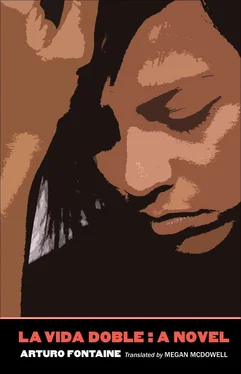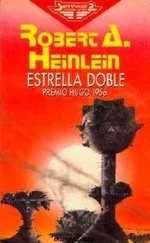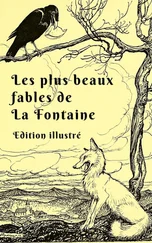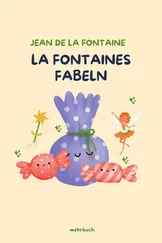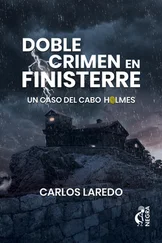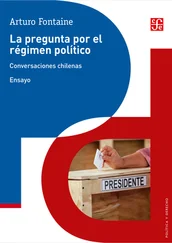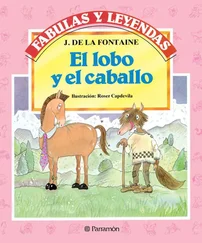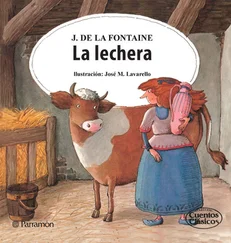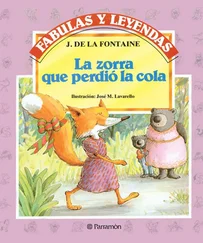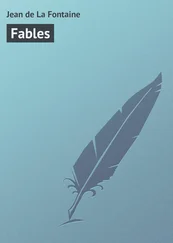My mother is totally uninterested in this world of wood. She falls in love with a good-looking, healthy, vigorous man, who handles his Jeep well, who patiently teaches her to play tennis, and who takes her on vacation with his parents to the beach at El Quisco. They get married, they have their first child — me — and they’re happy, except that the second child takes its time in coming. Tests.
That’s where they are when the drama unfolds. One night, when he’s told her he has to stay late at the workshop to receive a shipment of larch boards arriving from the south, she follows him, sees him go into a restaurant, waits a while, and finally, gathering up her courage, she goes in and sees him at a corner table with “another woman.” My mother goes over to them striding like a queen (according to her), and when she gets to the table she realizes she doesn’t know what she’s going to do. My father watches her, pallid. The woman is gorgeous and young. She waits, flabbergasted.
Then my mother can think of nothing better than to introduce herself to the stranger, to reach out her hand and say: “I’m this man’s wife.” And the woman stands up, shakes her hand, lowers her eyes, and says: “I understand, ma’am.” Then my mother faces my father. She shouts: “As for you, I will not greet you, and I never will again, you little shit!” And in a single motion she grabs the glass of wine and throws it in his face. She leaves the restaurant walking like a queen, leaving a tomblike silence in her wake.
My father will defend himself, he’ll say it was a casual fling. He will apologize. My mother will reject him. My soul will be torn in two. I tape a photo on the wall of my room of my father playing tennis, hitting a backhand. His body stretches out like a rubber band. The effort is concentrated in his face. My mother can’t forgive him. My father pursues her for months. Nothing.
Until he finds someone else. She’s attractive, with a pretty face, and fourteen years younger than my mother. She plays tennis well. My mother is devastated. I stay with her; it’s what I have to do, but inside I’m contemptuous. I’m eleven years old. I loved and still love my father. I go to his new house in Ñuñoa with its terrace of grapevines, its apple tree, two plum trees, and, at the back, an old olive tree with gnarled branches; and there’s Master, a purebred German shepherd that I adore. I still go with my father to El Quisco, to the same rustic wooden cabin he’s always had. We take Master with us. When we arrive, I smell the salt and the stale air. We have to ease open the windows and air out the sheets. I like to see them hanging in the sun, so white, changing shape as the wind takes possession of them. They change colors, taking on a new brilliance. I like to be there by the sea, alone with him. Not with his new wife. I watch him in the mirror while he shaves. Why couldn’t my mother keep him?
As soon as my father remarries, I don’t like going to his house in Ñuñoa anymore. But I go. And he worries about me. He calls me more often than I’d like. One day he takes me with him to the South. I’m fifteen years old and I love the idea of traveling alone with him. His wife is almost always with him when I see him. We’re going to look at a forest. We travel by plane to Temuco and stay in a hotel. I feel so grown up and happy. The next day a Jeep comes to pick us up. It’s a long ride up a mountain track. To one side is a ravine, to the other, dense, wet forests, immense ferns, climbing vines. My father explains that the land isn’t his, only the machinery, which, he tells me, required taking on “severe debt” to buy. We turn onto a wider road. After a few minutes the noise starts. A truck goes by carrying tree trunks, then another truck. We get out and continue on foot. My father talks to the guy who came to pick us up.
Suddenly, horror. A machine moves among the trees, takes hold of one with two steel arms, and cuts it down. The embrace lasts about a minute. When the trunk falls, the earth trembles. Other talons grab the trunk that fell and they strip it in no time, removing its branches. The earth thunders again: another tree has fallen. A crane picks up the freshly stripped tree and throws it on the truck. In less than five minutes a life that took over eighty years to reach that immensity has ended. Another tremor: the machine felled another tree. I ask my father if we can leave. He is surprised. He’s brought me here to show me his new machinery. He tells me again that he’s gone into debt so he can buy it. I start to cry and I don’t stop until we get back to Temuco.
My father tries to console me but he can’t. From that moment on he won’t be able to. I can’t see him the way I did before. I’m fifteen years old now. From that day on his presence in my life will gradually diminish, and later on, when I start university, he will be an enemy. But it hurts me, and he remains in my thoughts, speaking to me from there, always very close to me. If I go to him because I need something, he never fails me. Almost always what I need is money, and he gives it to me, no questions asked. He gives it to me happily.
Some two years pass, and I find out that things are going badly for him. He’s had to turn all the tree-harvesting machinery over to the bank, and he’s barely maintaining the workshop. He’s sold his house, his stock in the tennis club, his car. Now he rents a duplex that doesn’t have a garage. He uses a canvas to cover the used Taunus he bought. He mortgaged the house in El Quisco. He’s sad, embarrassed. I know what I should feel, I try to convince myself to feel it, but the rage is stronger. I like how the anger overcomes my compassion. I’m losing sight of him. I have a boyfriend, Rodrigo, an animal, a tender animal.
I found a notebook at my mother’s house. Eighteen, I must have been when I wrote it. I was in college. It’s a diary but not a daily one, a notebook swollen full of banal notes, dried flowers, matchbooks and scraps and napkins and cards, everything glued in. It’s one of the few things my mother sent me from Chile when I came to Sweden. A few weeks ago, when I found out you were coming, I reread it. Nothing worthwhile, I’d say. Except for a couple of folded pages that fell out of the notebook and that I don’t remember writing. But the handwriting is mine from that time. Look, if you go over to the dresser, next to the TV, you’ll see a couple of folded sheets of paper under a little statue of the Virgin of Guadalupe. Why a Virgin of Guadalupe? A Spanish priest brought it to me. You know, this home is part of Ersta Diakonianstalt. They’re Protestant, but every week a Catholic priest comes. He assumed that I must be Catholic because I’m Latin American. I told him I’m not, not anymore. But he insisted. He wanted to pray with me, and finally, I gave in. He left me that little statue as a gift. To help me start praying again. Do you think it helps to pray if you’re not a believer? There! Underneath. See them? Give them to me. You won’t be able to read the writing. I’ll read them to you.
“My father always sticks his nose in. I saw it all coming. He’d like to plan and control every second of my life. He thinks for me. It’s not that he wants me to be like him, not that. He wants to invent me. And so he attempts the impossible. His love suffocates me. I should just leave, I know. And when I say good-bye, I don’t know why the tears come to my eyes, tears I can barely hold back. Then his demanding, loving gaze will infiltrate me, and I forget the suffocation and my anger. What I remember then is his capacity for utter devotion to me, his conversation that comforts me, his care for me, and his blind faith in me moves me then, that hope of his that encourages and then punishes me; his unconditional nature, too, and my own confidence — less every day, of course — in his ability to take charge.
Читать дальше
